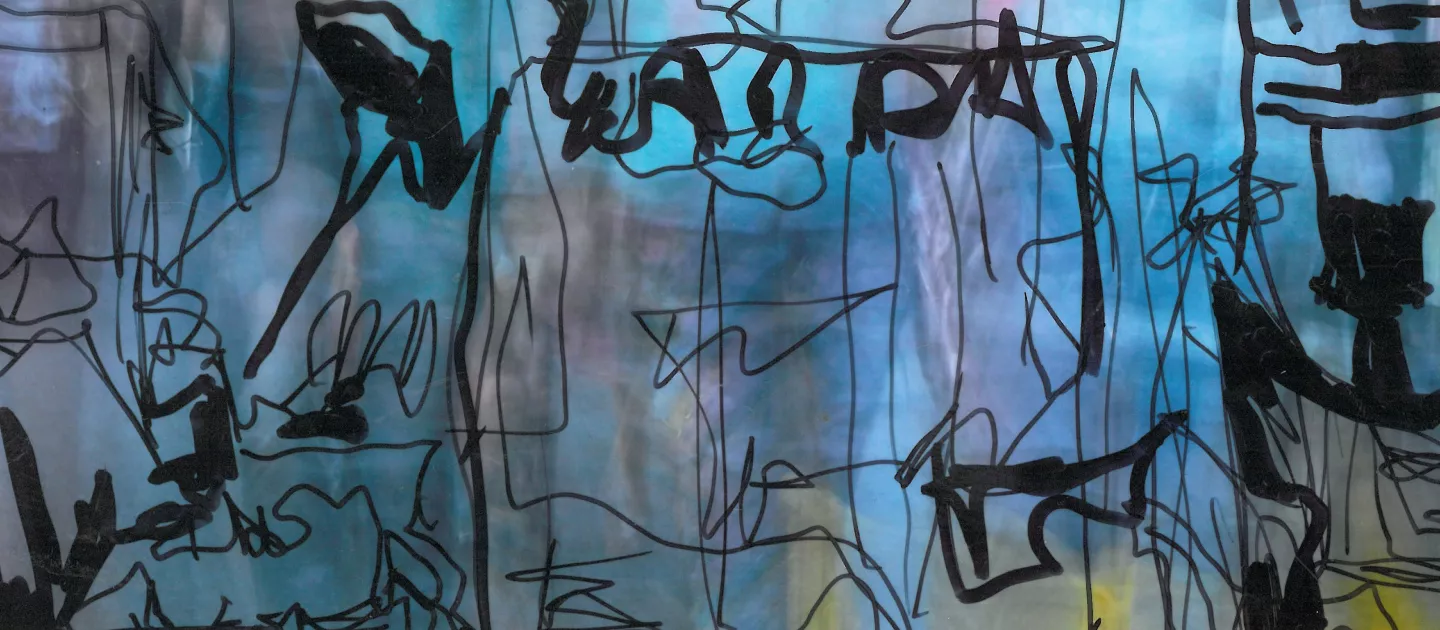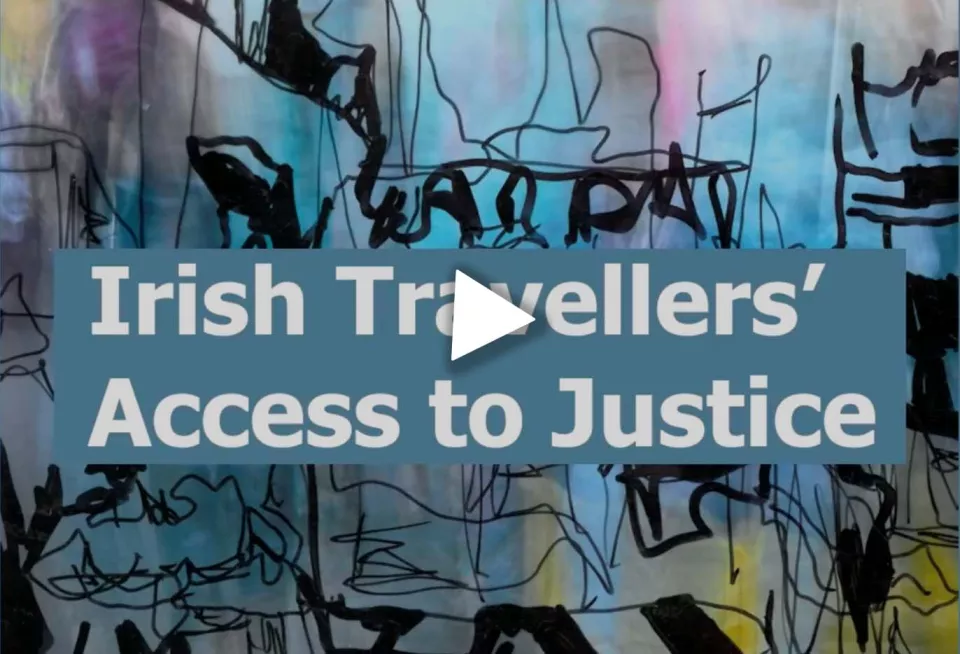About the Irish Travellers Access to Justice Project
The findings of this research are based on a survey conducted with the Traveller population in Ireland about their experiences with the police and courts in this country in the period 2016- 2021. The data was collected July-December 2021. During the course of conducting that survey, we spoke with 1 in every 60 adult Travellers in Ireland. We also conducted 29 interviews with people working in Traveller organisations across Ireland, and focus groups with younger and older generations of Travellers. These data include Travellers from all over Ireland, with Travellers in 25 of the 26 counties included in the survey. The findings from the ITAJ survey closely reflect and expand on the findings of the EU FRA Roma and Travellers in Six Countries (2020). For example, of those Travellers who were stopped by the police in the 12 months before the FRA survey, 58% thought they were stopped because they are a Traveller; of the respondents to our survey who had been stopped by a garda in the five years prior to the ITAJ survey, 59% believed they were stopped because they are a Traveller. The report documents Travellers’ perceptions and experiences of criminal justice institutions as suspects, victims, and those who are the accused in criminal cases. Its key findings reflect a need for radical changes in the way in which criminal justice institutions engage with, perceive, and address Travellers.
This research finds that Travellers’ trust in the Irish criminal justice system is low. Its roots lie in fears of wrongful arrest, excessive use of force, wrongful conviction, disproportionately high sentences, and wrongful imprisonment, that frame the way Travellers engage with and experience the criminal justice system. These fears are well-founded. Our research shows that Travellers are simultaneously overpoliced as suspects and underpoliced as victims, and the overrepresentation of Travellers in prison is long acknowledged. This research, by meticulously documenting Travellers’ own accounts of their experiences with the police and the courts, contributes to explaining this phenomenon. The criminal justice system is built by and for settled people, and Travellers perceive that settled people are seen as more trustworthy than Travellers, believed over Travellers, and protected more than Travellers. These perceptions are reinforced by experiences lived by the individual and shared within the community, through generations. Despite this, Travellers express a commitment to the legal system, and a desire to be protected and acknowledged by that system.

